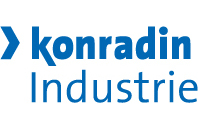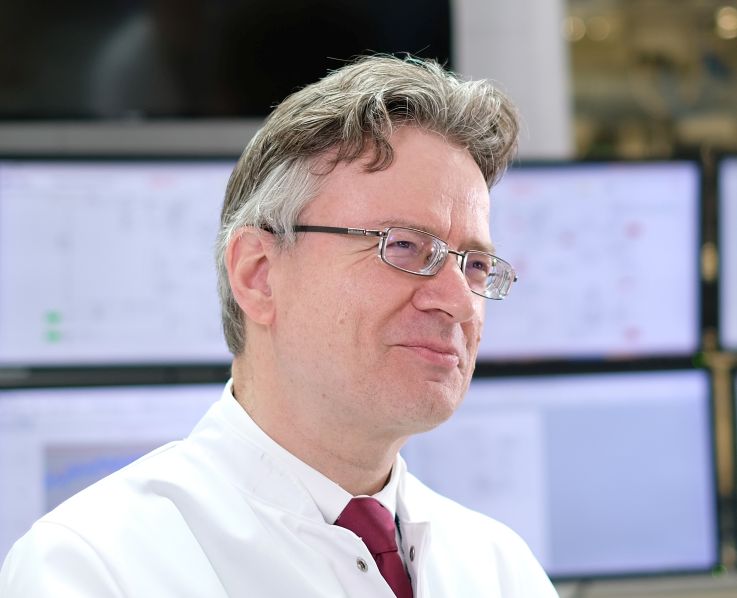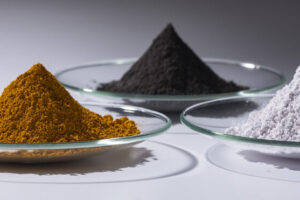A research team with participation of Evonik has achieved a breakthrough in the field of carbonylation chemistry. Carbonylation is one of the most important types of reaction in the chemical industry. It involves the catalyzed introduction of a CO group (carbonyl group) into organic compounds. For more than 60 years, science and industry had been looking for a way to implement the now successful reaction step.
A team was led by Prof. Dr. Matthias Beller, Director of the Leibniz Institute for Catalysis, Rostock, and Prof. Dr. Robert Franke, Evonik Performance Materials GmbH. The scientists have succeeded in double carbonylating the starting material 1,3-butadiene directly to produce adipates (salts of adipic acid). Adipates can currently only be produced by a complex multi-stage, energy- and cost-intensive synthesis. This involves not only the use of many chemicals, but also releases climate-relevant nitrogen oxides (NOx), which are among the main greenhouse gases.
The potential benefits from this innovation are great: adipates are produced annually on a large scale in the millions of tonnes and serve as starting materials for the manufacture of numerous products such as plasticizers, perfumes, lubricants, solvents, various active pharmaceutical ingredients and above all nylon.
With their new process, the participating project partners are laying the foundation for a more environmentally friendly and cost-effective large-scale method of synthesis.
The key to the breakthrough development of a palladium catalyst based on a specific phosphine ligand (HeMaRaPhos). This ligand binds to palladium, resulting in a highly selective, efficient and long-lived catalyst that can result in 95% yields of adipic acid derivatives under industrially feasible conditions.
What’s the next step? The large-scale evaluation of economic and technical aspects will start right away.









